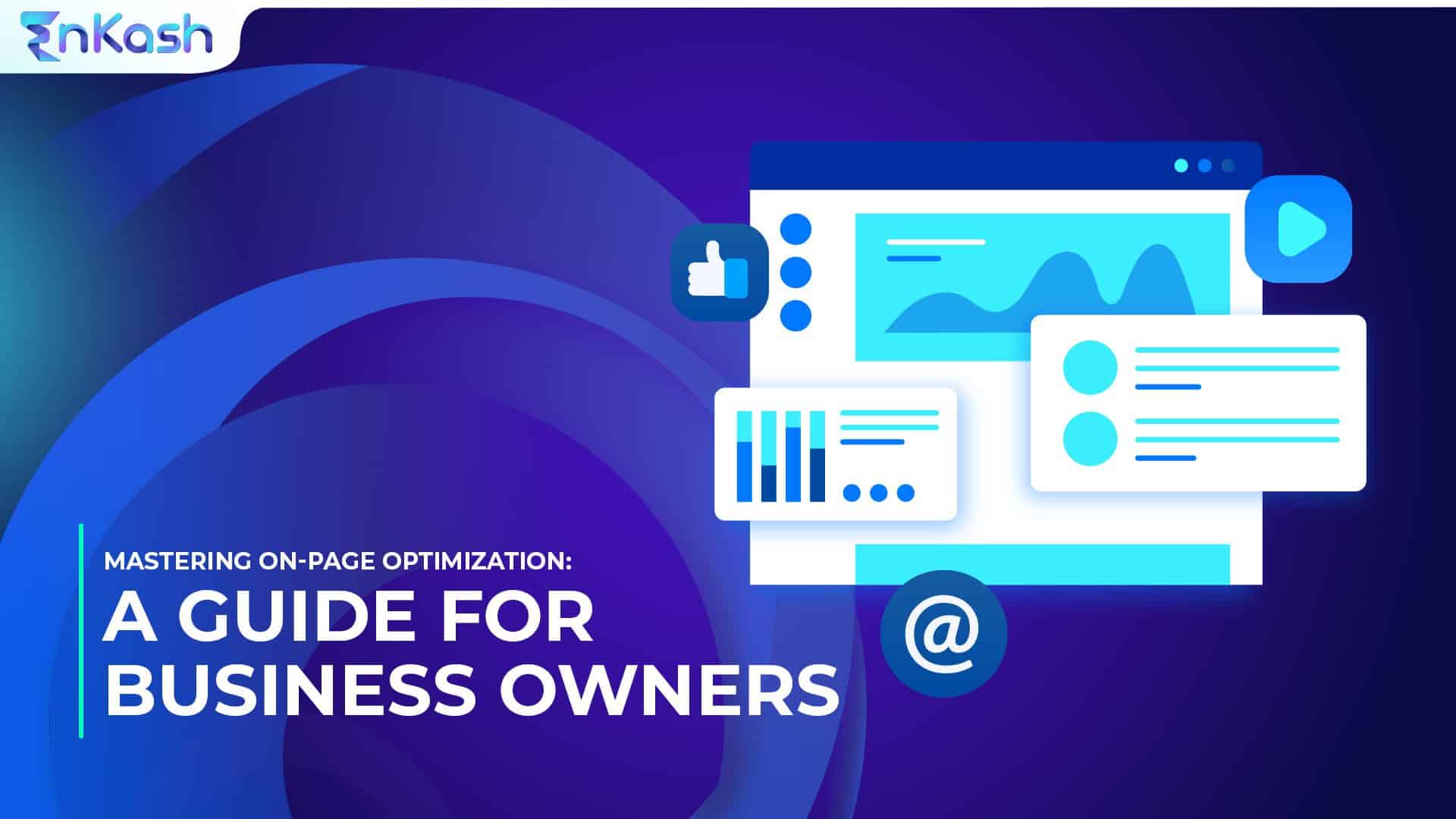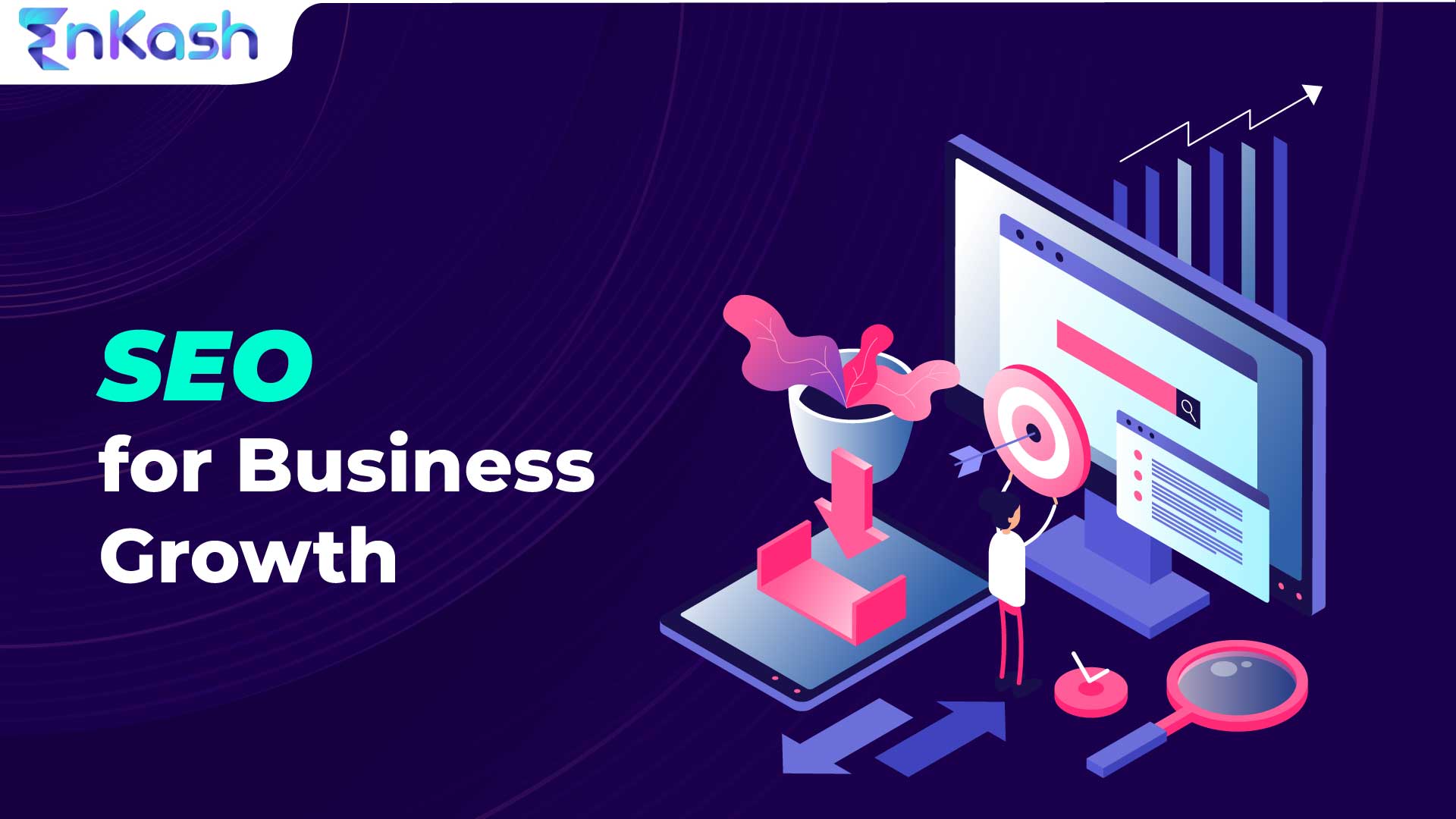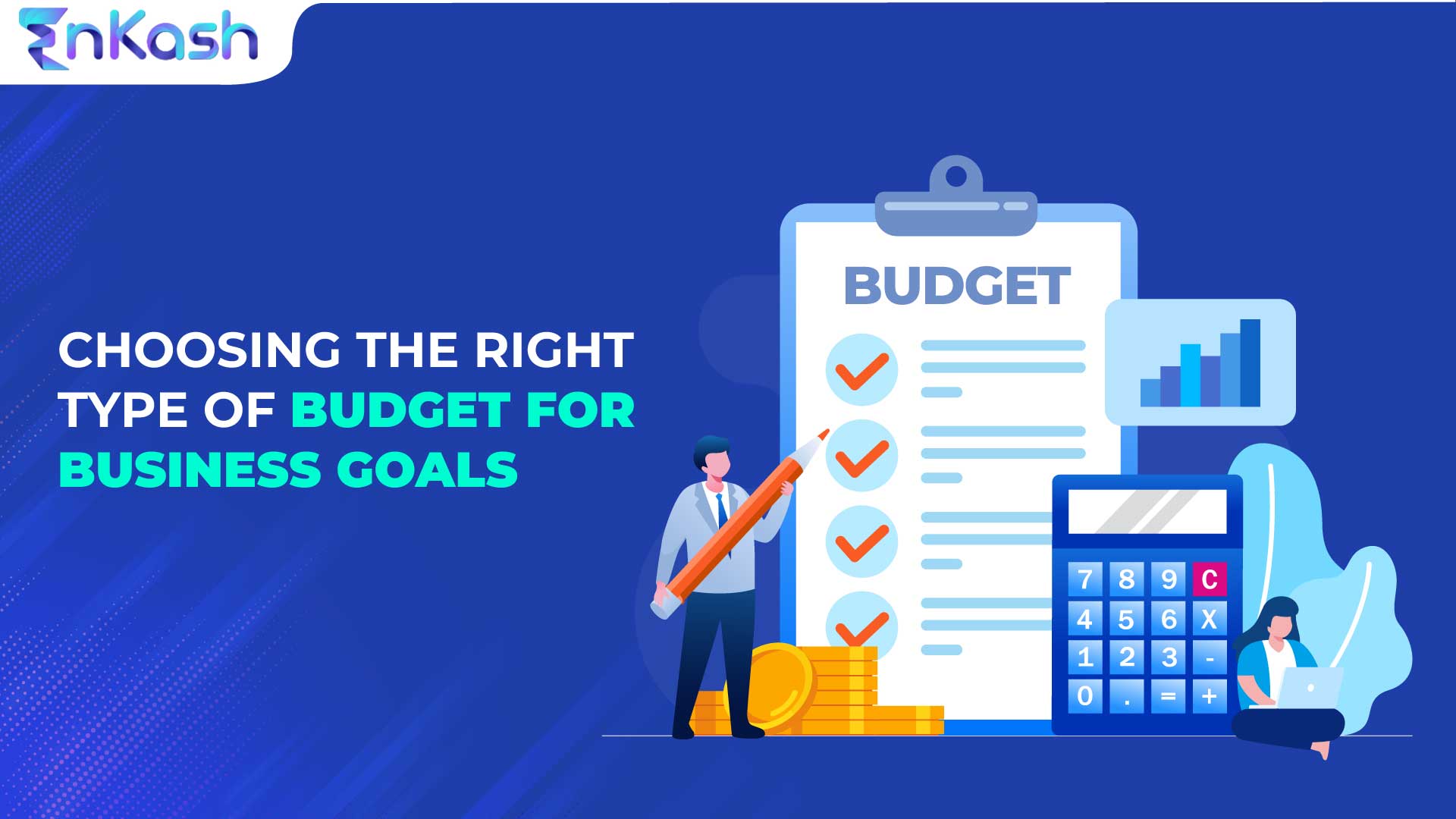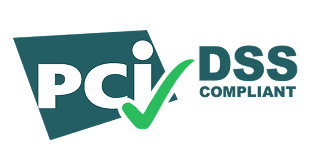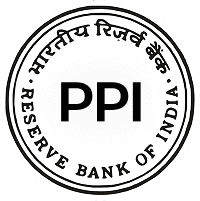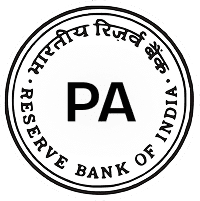In today’s digital landscape, establishing a strong online presence is crucial for startups and businesses alike. One essential aspect of establishing a robust online presence is on-page optimization. In this blog post, we will delve into the world of on page optimization and explore key strategies that small businesses and startups can implement to maximize their online visibility.
What is on page optimization?
On-page optimization for startups refers to the process of optimizing various elements on their website to improve visibility, user experience, and search engine rankings. It involves optimizing content, meta tags, headings, URLs, and internal linking structure to align with targeted keywords and improve organic search performance. For startups, on-page optimization plays a crucial role in establishing their online presence, attracting relevant traffic, and driving conversions. It helps startups showcase their expertise, unique value proposition, and build credibility with their audience. By implementing on-page optimization strategies, startups can enhance their website’s performance, gain visibility in search results, and pave the way for sustainable growth and success.
Shedding Light on On-Page Optimization: Key Data Points You Can’t Ignore
Before we embark on our journey into on-page SEO techniques, let’s take a quick look at some recent data that highlights its importance:
Studies show that on-page optimization factors contribute significantly to search engine rankings, accounting for over 20% of the ranking factors considered by search engines.
Also Read: Essential Business Metrics for Startup Success
Startups and businesses that diligently implement on-page optimization techniques witness a significant increase in organic traffic, leading to higher visibility and potential customer engagement.
Essential On-Page Tactics for Small Businesses and Startups to Deploy
Let’s explore essential on-page strategies that small businesses and startups can implement to maximize their digital presence and achieve long-term success:
Keyword Research
Keyword research forms the foundation of on-page optimization. By identifying relevant keywords that your target audience is searching for, you can optimize your website content to align with these keywords. Tools such as Google Keyword Planner, SEMrush, and Ahrefs can assist you in identifying high-traffic and low-competition keywords that are relevant to your business. Incorporate these keywords strategically into your website’s meta tags, headings, and content to improve your ranking potential.
Compelling Meta Tags
Meta tags provide information about your web pages to search engines and users. Two essential meta tags are the meta title and meta description. The meta title should be concise, include your target keyword, and accurately describe the content of the page. The meta description should be compelling, informative, and encourage users to click through to your website. Crafting unique and optimized meta tags for each page helps improve click-through rates and search engine visibility.
URL Structure and Hierarchy
A clean and organized URL structure is essential for both search engines and users. Create user-friendly URLs that are descriptive, concise, and contain relevant keywords.
For example, “www.enkash.com/blog/on-page-optimization” is preferable to “www.enkash.com/abc123?article=1357”. Additionally, establish a clear hierarchy for your website’s pages using headings (H1, H2, H3, etc.). This hierarchy helps search engines understand the structure and content of your website, leading to better rankings.
High-Quality and Optimized Content
Content is king when it comes to on-page optimization. Create high-quality, informative, and engaging content that caters to your target audience’s needs. Incorporate relevant keywords naturally throughout your content, ensuring they blend seamlessly with the overall context. Use proper formatting, including headings, paragraphs, bullet points, and images, to make your content visually appealing and easy to read. Optimize images by compressing their size and using descriptive alt tags.
Mobile-Friendly Design
With the majority of internet users accessing websites through mobile devices, having a mobile-friendly website is no longer optional but a necessity. Ensure your website is responsive and adapts to different screen sizes and devices. Mobile-friendly design not only enhances user experience but also improves your website’s search engine rankings since mobile-friendliness is a ranking factor for search engines like Google.
Page Loading Speed
Page loading speed is a critical factor in both user experience and search engine rankings. Optimize your website’s loading speed by compressing images, minimizing server response time, leveraging browser caching, and using content delivery networks (CDNs). Tools like Google PageSpeed Insights and GTmetrix can provide insights and suggestions to improve your website’s loading time.
How is on page optimization for startups & small businesses different from regular on page optimization?
On-page optimization strategies for startups and small businesses differ significantly from regular on-page optimization practices. Several key contrasts set them apart.
Efficient Resource Allocation
On-page optimization for startups and small businesses differs from regular practices due to limited resources. These businesses must prioritize their efforts and allocate resources efficiently. Instead of optimizing every page, they focus on key pages that drive the most impact. By maximizing their resource allocation, startups and small businesses can optimize effectively within their limitations.
Targeted Approach for Niche Markets
Startups and small businesses often operate in niche markets or cater to specific local audiences. This requires a targeted approach to on-page optimization. They align content, meta tags, and keywords with their audience’s unique needs. By understanding their niche market and optimizing accordingly, startups and small businesses can better engage their specific target audience and achieve higher conversion rates.
Building Brand Awareness and Credibility
Establishing brand awareness and credibility is crucial for startups and small businesses. In on-page optimization, they go beyond technical elements. Compelling content showcases expertise, value proposition, and brand story. Additionally, leveraging customer testimonials and social proof elements builds trust. By integrating these elements, startups and small businesses can establish a strong brand presence and stand out from the competition.
Also Read: Digital Marketing for Startups: Advantages and Opportunities
By optimizing strategically, catering to their target audience, and establishing credibility, startups and small businesses can optimize effectively and create a strong online presence.
The Final Verdict!
On-page optimization plays a vital role in the online success of small businesses and startups. By implementing effective on-page optimization strategies, you can improve your website’s visibility in search engine results, attract more organic traffic, and enhance the user experience. Remember to conduct thorough keyword research, craft compelling meta tags, optimize content, ensure mobile-friendliness, and prioritize page loading speed. By following these guidelines, you can pave the way for your small business or startup to thrive in the digital world

